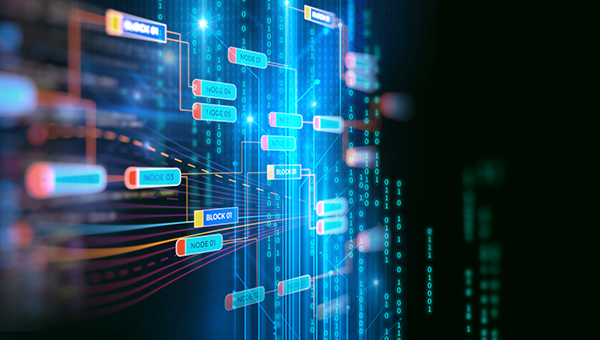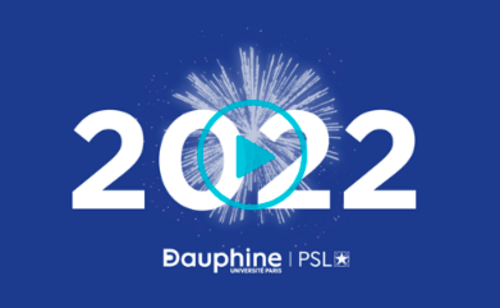Workshop : Which paths to achieve fairness in algorithmic decisions? Replay

The workshop "Which paths to achieve fairness in algorithmic decisions?" took place on the 9th and 10th of december 2021.
It addresses possible current and future paths to achieve fairness in algorithmic decisions, both private and public.
International and multidisciplinary, the workshop focus on the intersection and cross-fertilization of computer science, law, and policy analysis. It addresses the question of how to regulate algorithmic decisions, through hard law or soft law. It also addresses the possibilities and obstacles to complementarity between computer science and legal approaches to fairness.
Finally, the workshop aims to shed light on the policy issues surrounding explicable, transparent and accountable algorithms.
Organisation comittee : Jamal Atif (LAMSADE), Thierry Kirat (IRISSO), Antoine Louvaris (CR2D), Olivia Tambou (CR2D), Virginie Do (LAMSADE) et Céline Beji (LAMSADE).
1st session
International workshop Which paths to achieve fairness in algorithmic decisions? 9-10 december 2021
1st session - Legal Governance of Algorithms: hard law or soft law? (9th of december 2021)
- Raja CHATILA (Sorbonne Université): The Path to Trustworthy AI Systems: Principles, Requirements, Standards and Governance
- Karine GENTELET (Abeona-ENS-OBVIA Chair & Université du Québec en Ouataouais): Human Rights: Pilar of AI Regulation(s)
2nd session
International workshop Which paths to achieve fairness in algorithmic decisions? 9-10 december 2021
2nd session - Metrics of fairness : legal and/or technical issue ? (9th of december 2021)
- Alice XIANG (AI Ethics Lead, Sony AI): Reconciling Legal and Technical Approaches to Algorithmic Bias
- Solon BAROCAS (NYC lab of Microsoft Research & Cornell University): Explanations in Whose Interests?
- Aurélien GARIVIER (Ecole Normale Supérieure de Lyon, UMPA): How to include fairness into the machine learning models?
3rd session
International workshop Which paths to achieve fairness in algorithmic decisions? 9-10 december 2021
3rd session - Explicability, transparency, accountability : constraints and possibilities for public policy (10th of december 2021)
- Doaa Abu ELYOUNES (Harvard Law School, Berkman Klein Center for Internet and Society): “Computer says no!”: The Impact of Automation on the Discretionary Power of Public Officers
- Lilian EDWARDS (Newcastle University Law School): Getting a Global Regulatory Model for AI Right
- Thierry TUOT (Conseil d’Etat): From Lost illusions to Time regained : in search of real user’s rights

